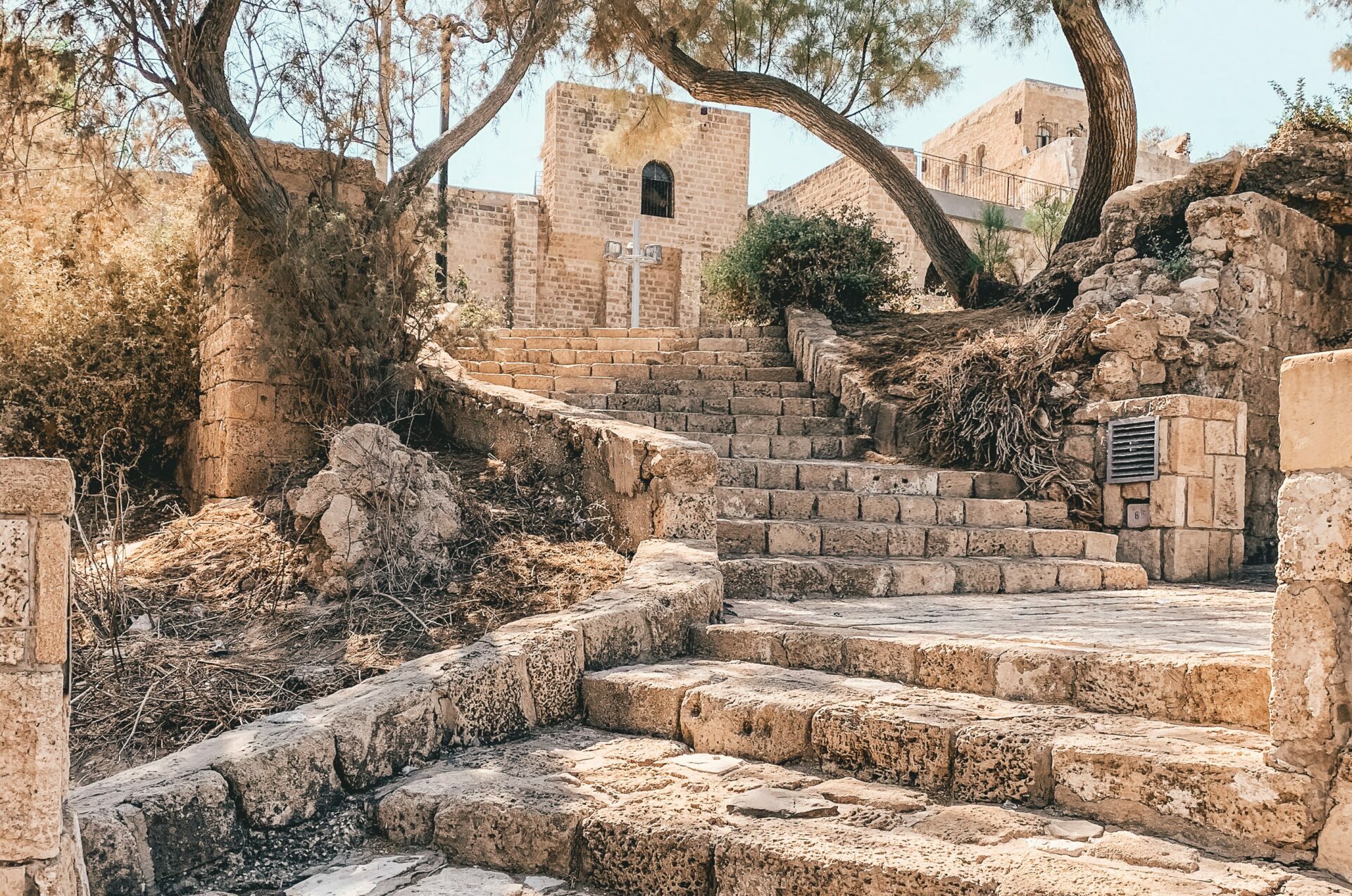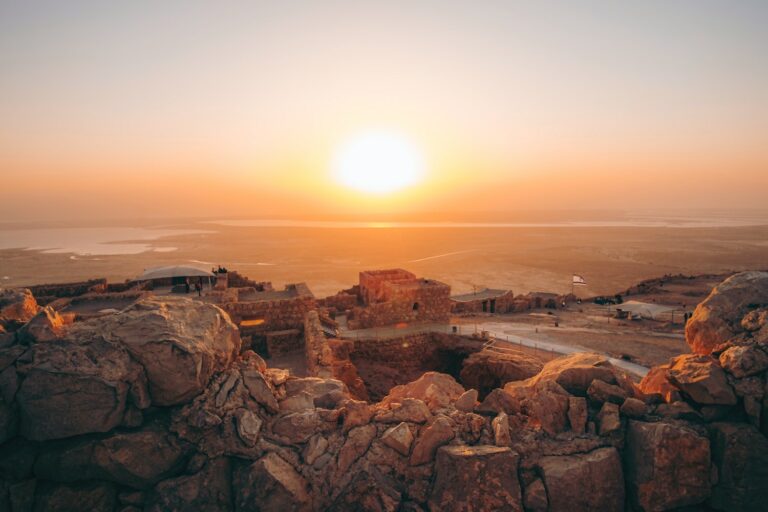Adapted from the writing of Dr Jurgen Buehler director of the ICEJ
The final and biggest harvest season of the agricultural year brought in the fruits of the various trees and vines. This was the time of the last of the three great harvest feasts of the Bible, Sukkot/Feast of Tabernacles. It was when Israel gave thanks for another year of provision. God had been faithful exactly as He promised Noah, “While the earth remains, seedtime and harvest, cold and heat, winter and summer, and day and night shall not cease.” (Genesis 8:22)
The Feast of Increase
During the harvest cycle, Israel experienced the LORD as a God of increase. At Passover, the first feast in the first month, an offering of the first fruits of the barley harvest was waved before the Lord in a prophetic declaration that God would provide in the coming year.
Fifty days later at Pentecost, in the third month, the wheat harvest was brought in. Two leavened loaves of bread were waved before the LORD.
Then after the long and dry summer, the rest of the harvest ripened around Sukkot. This last harvest was vital, as it produced the olive oil and wine. A great variety of fruits fed the nation during the coming winter. God commanded seven days of rejoicing with generous sacrifices of thanksgiving.
A Final Harvest of Souls
Jesus fulfilled in great detail the two first two harvest feasts. Exactly on the day of the first fruit, on the day after the Sabbath of Passover week (on a Sunday), Jesus arose as a first fruit from the dead, signifying many more would follow (1 Corinthians 15:20-23; Colossians 1:18). Seven weeks later at Pentecost, God poured out His Holy Spirit on the disciples and a first harvest of three thousand souls entered Gods kingdom.
A mere twenty years later, as Paul arrived in Thessaloniki, the community was warned, “These who have turned the world upside down have come here too.” (Acts 17:6). Those early revivals were so powerful that they shook nations, and the shakings have continued since.
Today, we are witness to what many consider the greatest harvest in church history. More people are coming to faith today than in any period of history. The Gospel is currently impacting nations which were still unreached one hundred years ago. In places like Lagos, Manaus and Manila, Sunday traffic is at almost the same level as weekdays as people flock to churches in their millions. Evangelistic outreaches see thousands saved each day. The cathedrals of Europe may be emptying, but churches can be found thriving today in Kampala, Seoul and Sao Paolo.
The Completion of the Temple
It was not just a celebration of harvest, but Sukkot was also the time when the Temple in Jerusalem was completed and dedicated by Solomon (2 Chronicles 5:1ff). The shekinah glory of God filled the Temple, so that the ministering priests could not stand. It became a “house of prayer for all nations,” where God’s people could seek His presence (Isaiah 56:7).
The Apostle Peter likens the building of the Church to the building of a holy Temple of believers worldwide. It is a Temple not built with dead blocks of stone but with “living stones” of men and women regenerated by the Spirit of God.
The prophet Zechariah saw a vision of the rebuilding of the Temple despite great difficulties. He sees two olive branches (two anointed ones) which provide a continuous flow of pure, golden olive oil into the seven-branched Temple menorah. The prophet marvelled at the vision, and an angel answered “Not by might nor by power, but by My Spirit,” says the LORD of hosts… And he shall bring forth the capstone with shouts of Grace, grace to it!… The hands of Zerubbabel have laid the foundation of this house, and his hands will finish it.” (Zechariah 4:6-9).
Jesus refers to himself as the cornerstone, rejected by the builders (Matthew 21:42). It is he who laid the foundation of the Church (Ephesians 2:19-22). Yet as the Temple nears completion, the prophet sees the one who started the temple also placing the capstone as the finishing touch. Christ will ensure that the Church he established two thousand years ago will come to its glorious completion.
If you consider the incredible revivals around the world today, you cannot help but shout as Zechariah: “Grace, grace to it!” The Church of the living God is not a work of man. And it cannot be explained outside the move of His Spirit, which is a spirit of grace.
The Nations Worship God
Another unique aspect of Sukkot is that the gentile nations can join the people of Israel in worshipping the God of Israel. The Chief Rabbi of Haifa said regarding the sacrifice of seventy bulls at the Temple during Sukkot represented the 70 nations of the world at that time, according to biblical tradition, and they signified to the Jewish people that God had a plan for the gentile nations as well.
Again, it is the prophet Zechariah who foresees a time when all the nations will come up to Jerusalem to celebrate the Feast of Tabernacles (Zechariah 14:16). This Feast which we celebrate each year is a wonderful foretaste of that great day.
The Great Restoration
Finally, the Feast of Tabernacles is the time when Jewish tradition expects the Messiah will arrive to set up his Kingdom. John 7 alludes to this. That is why the Feast of Tabernacles is considered the greatest of the three pilgrimage feasts. It is the feast which anticipates the restoration of all things (Acts 3:21). The Messiah’s Kingdom will be established in a restored Israel. A global harvest of saints from all tribes and nations will represent a spiritual Temple made of Jews and gentiles. And Jerusalem, the city of the great king, will be the seat of this kingdom of righteousness and peace. His dwelling place will again be Jerusalem.




